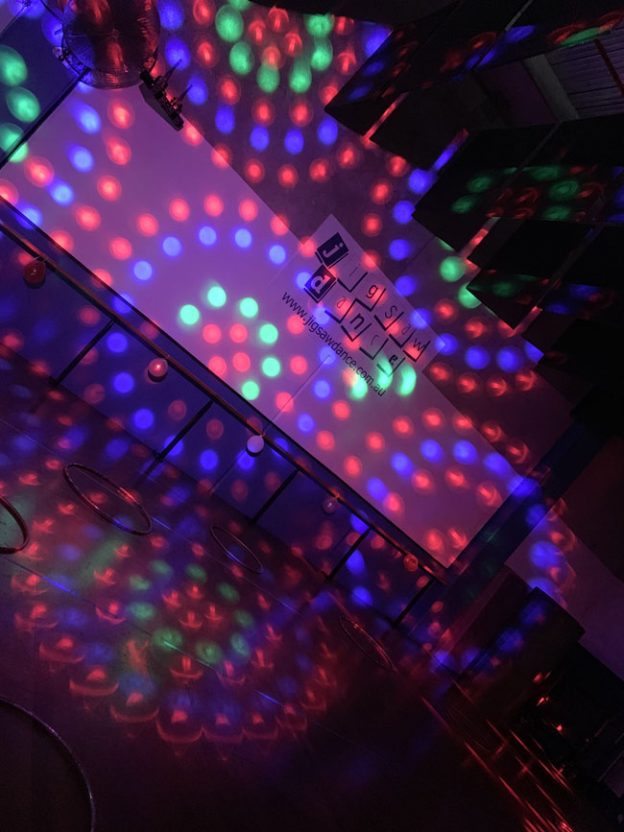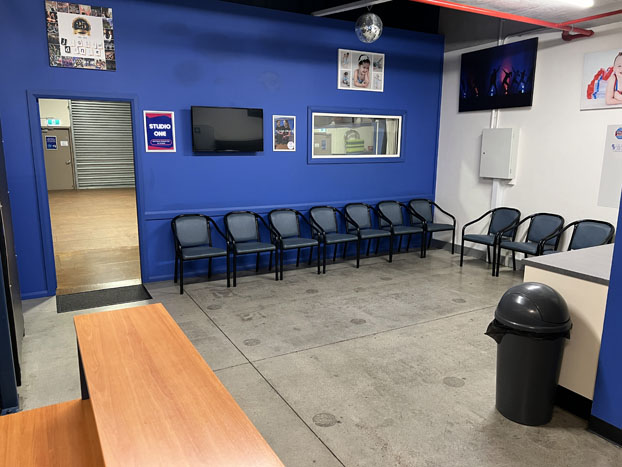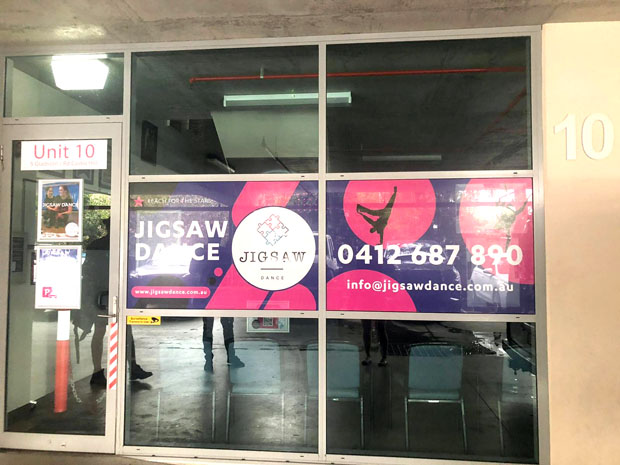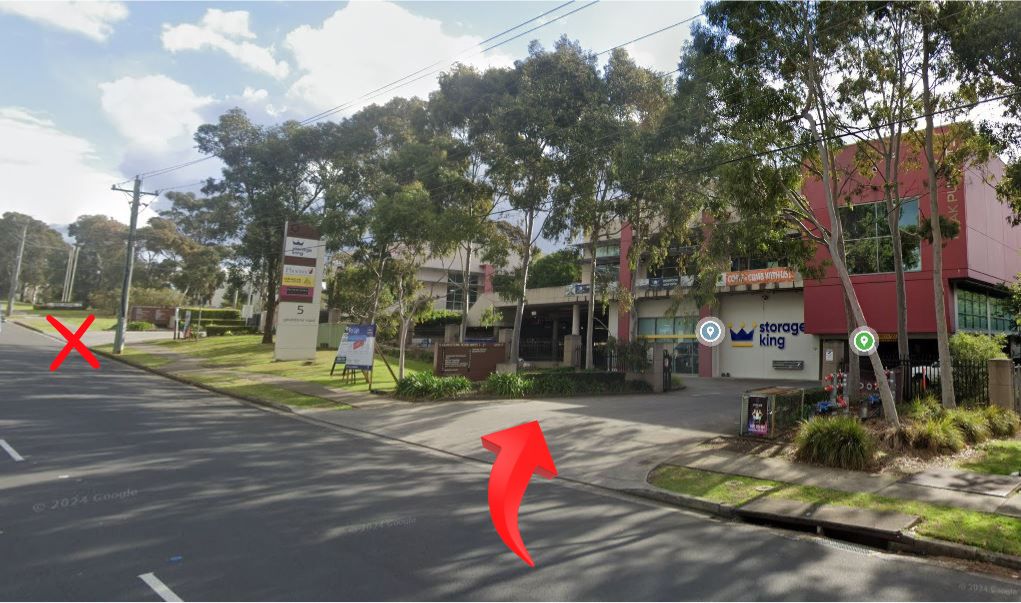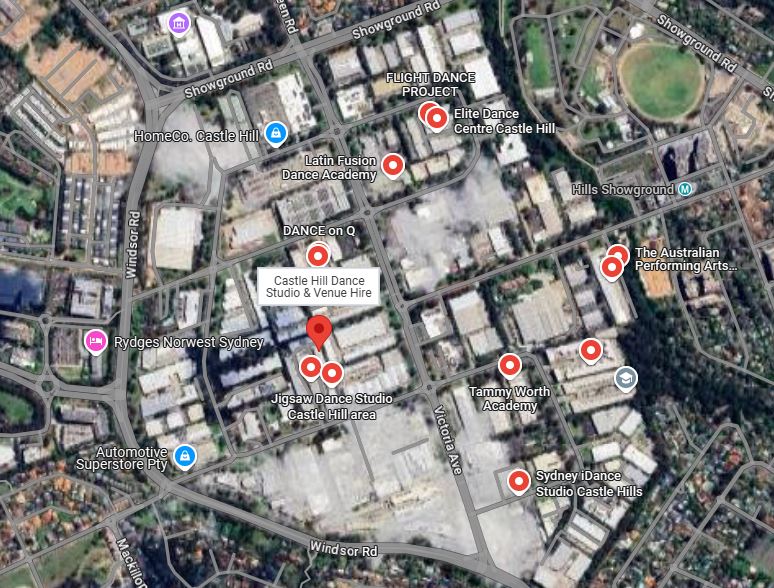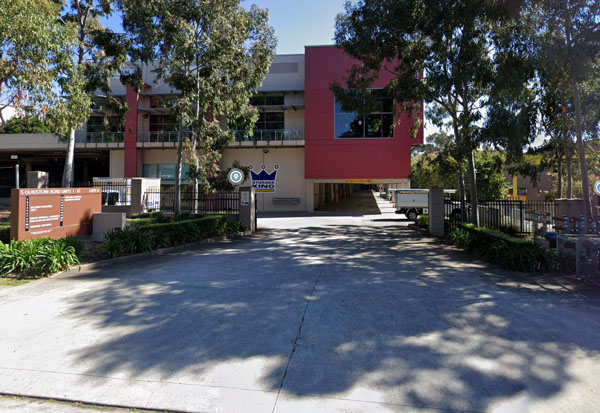Finding the right dance studio hire in Sydney can make all the difference when it comes to teaching, rehearsing, or hosting events. Whether you’re a dance instructor, a fitness coach, a choreographer, or even an event organiser, the right space sets the stage for success, creativity, and productivity.
At Castle Hill Dance Studio Hire, we’ve created a versatile, welcoming, and professional space that caters to a wide range of uses. From dance classes and rehearsals to fitness sessions, corporate events, and creative workshops, our studios are designed to support your vision while offering affordable and flexible hire options.
Why Dance Studio Hire in Sydney is in High Demand
Sydney is home to a thriving dance and performing arts community. With growing interest in dance, fitness, and creative arts, the demand for quality studio spaces has never been higher. Many dance teachers, fitness instructors, and event organisers do not have their own leased premises, meaning they rely on community halls, school auditoriums, or makeshift spaces that often lack the professional features needed for high-quality sessions.
At Castle Hill Dance Studio Hire, we provide purpose-built facilities that make rehearsals, performances, and training sessions as seamless as possible.
What Makes Castle Hill Dance Studio Hire Stand Out?
1. Professional Dance Spaces with Premium Features
When searching for dance studio hire in Sydney, it’s essential to find a space that is purpose-built for movement. Our two spacious studios, each approximately 100 square metres, feature:
✔ Sprung timber floors – Reducing impact and supporting safe movement.
✔ Full-length mirrors – Ideal for dance technique, fitness instruction, and performance prep.
✔ Professional sound systems – Amplifier and speakers in both studios for high-quality audio.
✔ Disco lighting – Available in the downstairs studio, perfect for dance parties and events.
✔ Climate control – Air conditioning and fans to keep your sessions comfortable.
Whether you’re teaching ballet, hip-hop, jazz, contemporary, pilates, yoga, or acrobatics, our studio provides the right atmosphere and professional environment to bring out the best in your classes.
2. Flexible Studio Hire for Casual & Permanent Bookings
We understand that not everyone needs a full-time leased space. That’s why we offer flexible hire options to suit different needs:
- Casual bookings – Perfect for one-off rehearsals, private lessons, or special events.
- Regular studio hire – Ideal for dance teachers and fitness instructors looking for a consistent venue.
- Full-day or multi-day hire – Great for workshops, intensives, or corporate training days.
Our competitive rates make it easy for small businesses and independent instructors to access a high-quality studio without long-term commitments.
3. Versatility Beyond Dance – A Space for All Events
While we specialise in dance studio hire, our space is also perfect for:
✔ Yoga & Pilates Classes – A peaceful setting with ample room for movement.
✔ Creative Workshops – Art classes, photography, videography, and more.
✔ Kids’ Birthday Parties & Events – With disco lighting and a large foyer area.
✔ Corporate Functions & Training Sessions – A professional environment for meetings and team-building activities.
Having a multi-purpose space allows us to cater to diverse needs, making us more than just a dance studio.
The Convenience of Location & Parking
Situated at Unit 10, 5 Gladstone Rd, Castle Hill, our venue is easily accessible from across Sydney. Unlike some venues that struggle with limited parking, we offer:
✔ Extensive undercover parking – Ensuring easy access for all guests.
✔ Safe and secure premises – Located in Quantum Corporate Park with security patrols.
✔ Public transport accessibility – Convenient for those commuting from surrounding suburbs.
We aim to make every visit stress-free, whether you’re a regular hirer or hosting a one-off event.
Book Your Dance Studio Hire in Sydney Today
If you’re looking for a high-quality, professional, and affordable dance studio hire in Sydney, Castle Hill Dance Studio Hire has everything you need. With state-of-the-art facilities, flexible hire options, and a welcoming environment, our studios are designed to support dancers, instructors, and event organisers in bringing their visions to life.
📅 Get in touch today to check availability and book your space!
📱 Call or Text: 0412 501 177
📧 Email: studio4hire@castlehilldancestudio.com.au
🌐 Visit: https://castlehilldancestudio.com.au/pricing-dance-studio-hire/
Whether you need a space for dance, fitness, creative projects, or events, Castle Hill Dance Studio Hire is the ideal venue to elevate your classes, rehearsals, and workshops.
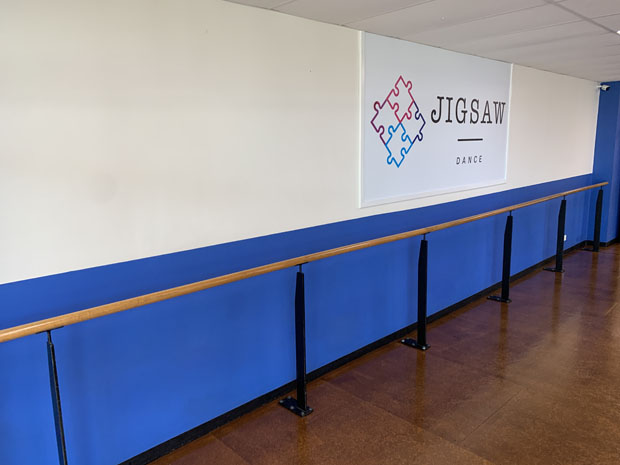




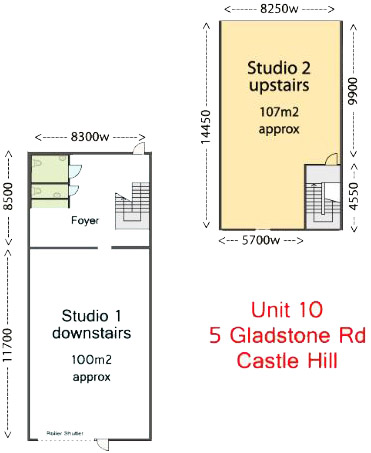



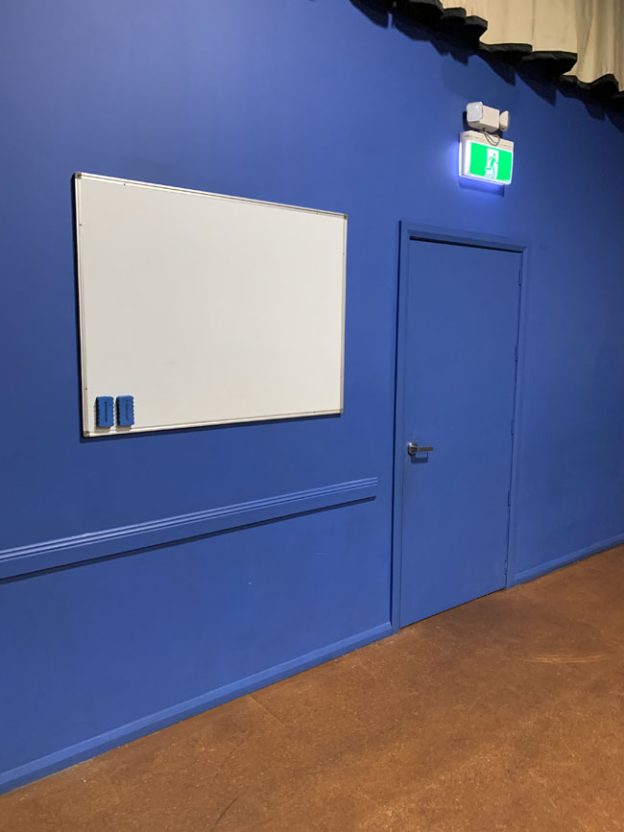
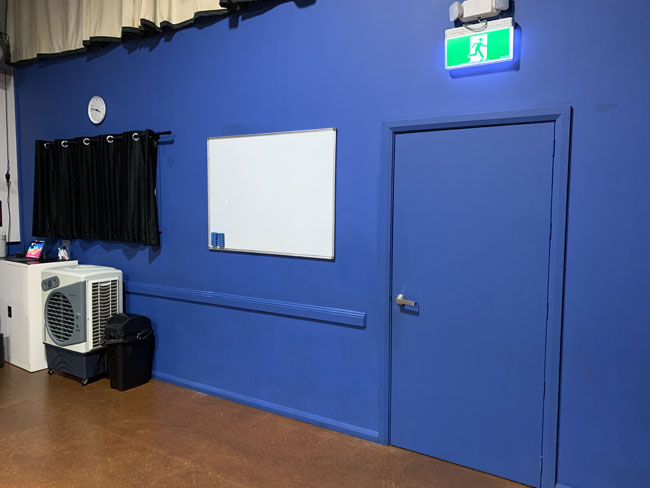



 A Professional Party Host – Keeping the kids entertained from start to finish.
A Professional Party Host – Keeping the kids entertained from start to finish. Exciting Dance Games & Music – Non-stop fun with the latest party hits.
Exciting Dance Games & Music – Non-stop fun with the latest party hits. Karaoke Fun – Let the kids sing along to their favourite tunes.
Karaoke Fun – Let the kids sing along to their favourite tunes. Disco Lights & Microphones – Creating the ultimate party atmosphere.
Disco Lights & Microphones – Creating the ultimate party atmosphere.
 Custom Dance Themes – Choose from ballet, jazz, hip-hop, or even princess and superhero themes!
Custom Dance Themes – Choose from ballet, jazz, hip-hop, or even princess and superhero themes! Professional Dance Instructors – Guiding kids through choreographed routines in a fun and engaging way.
Professional Dance Instructors – Guiding kids through choreographed routines in a fun and engaging way. Games & Activities – Keeping the energy high with interactive group games.
Games & Activities – Keeping the energy high with interactive group games. Special Performance – Parents can watch a final showcase at the end of the party!
Special Performance – Parents can watch a final showcase at the end of the party!
